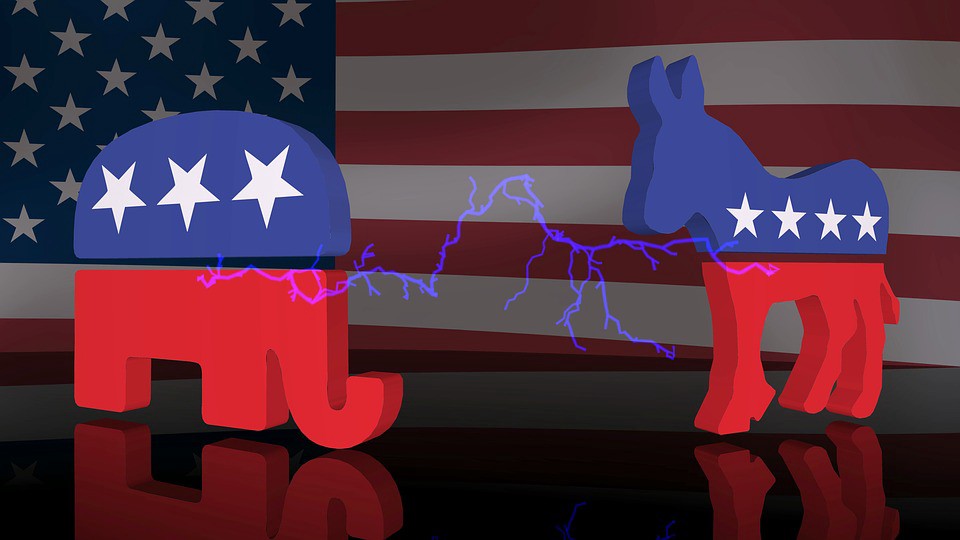
The trouble with partisanship
When my clients find out I’m a mayor, they sometimes want to talk “politics.” These conversations are always about the national or global issues we see in the news daily. Inevitably, the conversation will also include the hyper-partisanship that exists in Washington. I generally do more listening than talking in these client interactions.
Without fail, the person’s party affiliation dictates their opinion on issues and they view the partisan atmosphere as the “other” party’s fault. Democrats blame it on a Trump/Ryan/Conservative thing and Republicans counter with their Clinton/Pelosi/Liberal rant. Heels are dug in and there appears to be no middle ground.
A recent conversation with a longtime client is a good example. For the record, this client lives in Manhattan and is a proud and outspoken liberal Democrat. That said, he agreed that both parties behave in a partisan manner. He was shocked when I responded by saying the real problem is “you and most voters in America.” After he caught his breath, I asked him a question: When was the last time (if ever) he voted for a Republican? He said Reagan in 1984. I asked if that included all the “down-ticket” offices, like Congress, state legislators, county and local elections. He said yes. We talked about how the national issues of defense, taxes, abortion, immigration, etc. are not controlled at the state/county/local levels. But he admitted that his positions on those issues also dictated his vote in these other elections strictly based on party affiliation, with no regard to the particular candidate’s position on local issues. He had become a party-line voter.
So, imagine yourself engaged in that conversation. Do you vote for state, county and local municipal candidates just because of their party affiliation? If so, are you tying them to national political issues where local officials have no jurisdiction? Is that a solution or part of the problem? In Ohio, local candidates are prohibited from disclosing their party affiliation on the ballot, so you can’t just walk in and vote Republican or Democrat. You have to choose the person.
It’s a mess but the answer, in my opinion, is simple: True campaign finance reform that only permits equal spending on both sides, which limits the ability to win based on spending more money on TV ads or mailers. Have you ever wondered why 90% of political ads are negative? It’s because political pros know it works. And if we really want reform, adding term limits would seal the deal. That would eliminate making elected office a career option. But don’t hold your breath. Congressmen and Senators make $174,000 a year plus benefits and a pension that potentially pays them 80% of that for life.
As always, the true power lies with you, the voter. When only 38 percent turn out to vote, like last year’s Gubernatorial election, you forfeit that power. But that’s a topic for another day.









